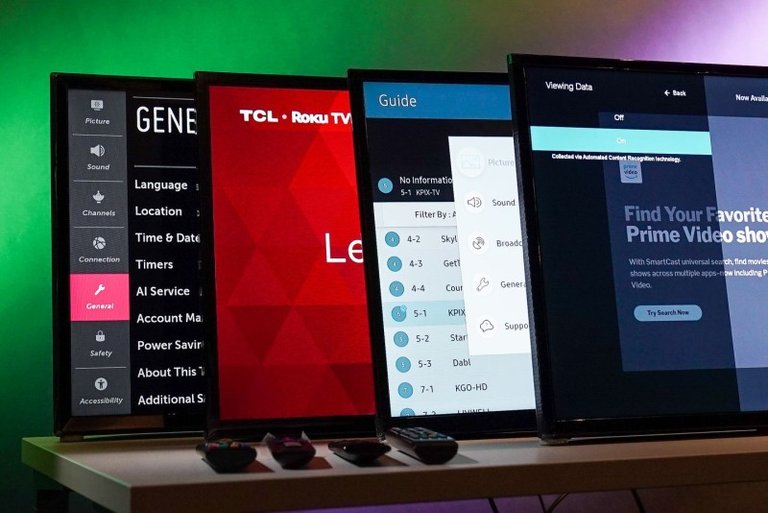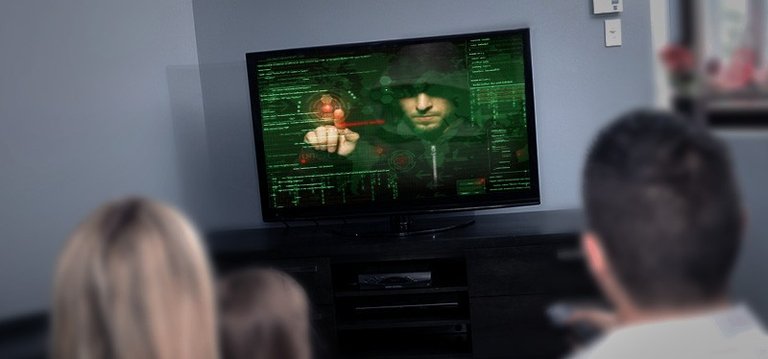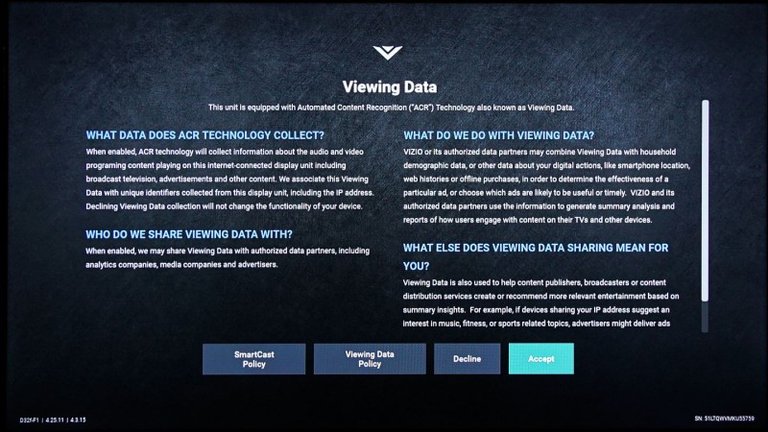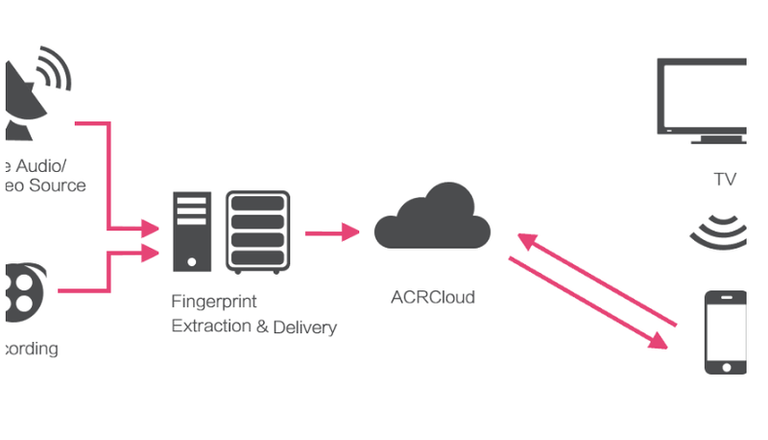Your privacy is watching TV ... The age of watching TV
There was a time when we could barely catch a TV signal with an antenna and watch some channels. When the signal was not good, I grabbed the antenna and shook it around. The word TV antenna is now colorless. Sometimes you don't know that your TV has an antenna. This is the era of smart TVs.

The key to smart TV is the Internet. TVs connected to the Internet are as smart as smartphones and computers. It is natural to be able to access Internet websites. Recently, products with microphones and cameras have appeared. You can use your voice to switch channels or browse and watch your favorite video on demand. It also works with artificial intelligence (AI) speakers and other consumer electronics (IoT) technologies.
The smarter the smart TV, the more worrying it becomes. The likelihood of being hacked like smartphones and computers increases. Recently, the US FBI Portland office also provided guidelines for smart TV security enforcement. In anticipation of a significant increase in smart TV purchases for Black Friday, it warns to reconfirm the possibility of hacking smart TVs.

"Many modern TVs have a built-in camera," said the FBI Portland. He also mentions that a voice command service can be used with a microphone, and these are "in addition to the risk that TV makers and app developers can listen and watch, TV can be a gateway for hackers to get home." Pointed out.
The FBI also cited some examples of possible damage that could result from hacking. Hackers who penetrate through unsecured TVs have complete control over them. Changing the channel or adjusting the volume is cute. Sometimes children can show inappropriate videos. The FBI's Portland office warned, "In the worst case, you can turn on your bedroom camera and microphone and do a covert cyber stalking."
The bigger problem is that the FBI's warnings are not merely a concern. No cyber stalking crime has been reported yet, but TV makers have been using personal information about viewers.

In 2017, the US Federal Trade Commission (FTC), Korea's Fair Trade Commission, imposed a $ 2.2 million fine on TV maker Vizio. This is because Vizio has added the ability to track viewer's viewing data and send it to a server on smart TVs since 2014.
Visio is said to have collected pixel selections in seconds that match its database of TV, film and commercial content. The FTC claims that the company has monetized its data and made huge money by selling it to advertisers. Internet Protocol (IP) addresses were also collected and matched with member information from TV buying households, and then provided to third parties, including data aggregators.

This year, Washington Post's technical columnist Jeffrey A. Pauler pointed out that other TV makers' products are equipped with 'Automatic content recognition (ACR)' technology. ACR is a technology that collects information about viewing audio or video on TVs operating on the Internet. Manufacturers have stated this in their terms of agreement or privacy policy when they first purchase and use a smart TV. However, there are concerns that most consumers go through an 'agreement' process and pass on unwanted personal information to the TV manufacturer without the exact knowledge of it.
Although there are many legal issues to solve, the FBI first recommends that consumers take care of the following: First, you need to know exactly what your smart TV has and how to control it. You should search the Internet together with the TV model number and the words 'microphone' and 'personal information' to find relevant information.

You should not rely on default security settings. It is recommended that you change your smart TV password if possible. You'll also need to know how to turn off microphones, cameras, and personal data collection. If you can't turn off these features yourself, think about whether you can take risks when you buy the model or use the service. If you can't turn off the camera, it's a good idea to attach black tape to the camera lens.
Make sure your TV security patches are updated regularly. And make sure you know the TV manufacturer's privacy policy and streaming service. This means that you need to be clear about what information you collect, how you collect it, and where you distribute it.
The growing number of IT devices, including smart TVs, deepens consumer concerns about hacking. In order to use smart TVs safely, consumers need to be 'smart'.